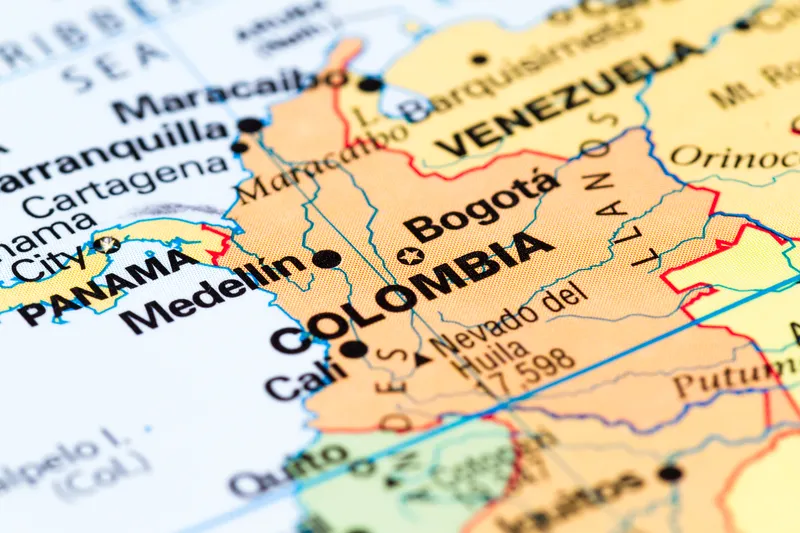Colombia's Ministry of Transport is suggesting that the Avenida Longitudinal de Occidente (ALO) road project in Bogota should be carried out by Colombian energy company Empresa de Energia de Bogota (EEB).
February 8, 2012
Read time: 2 mins
Colombia's Ministry of Transport is suggesting that the Avenida Longitudinal de Occidente (ALO) road project in Bogota should be carried out by Colombian energy company 5808 Empresa de Energia de Bogota (EEB). If state owned EEB completes the works, the Government expects to save US$518 million as well as cutting out the need for three years worth of additional studies and tenders. Meanwhile the tender process for the Autopista de las Americas highway project should close at the end of April 2010, with a decision to be made in June 2010. The 4.2km Guillermo Leon Valencia tunnel is now open for traffic. Vehicles driving from Melgar to Bogota will no longer have to travel via Nariz del Diablo, and journey times will be shortened by more than 30 minutes. The cost of this tunnel project was estimated at $70 million when announced in 2002. The Ministry of Transport reports that the Bogota-Giradot road project is progressing well although there have been some delays. The road project will improve communications between Central Colombia and the west as well as the Pacific Coast. Some 200km of double lane road projects have been built on average during the last two years and this could reach 300km in 2010. In addition, La Linea tunnel construction works are finally proceeding as planned and the road from Calarca to this tunnel is within schedule. The Bogota-Buenaventura road should be completed within a maximum of five years. The Colombian authorities have signed the extensions to the Ruta Caribe, Barranquilla-Cartagena and Cordoba-Sucre road concessions. These projects are worth $623 million. Other road projects worth have been put out to tender and contracts for these schemes will be signed in June 2010. By extending the concessions, the government will be able to ensure that the works are carried out, through road toll systems. The Colombian institute for concessions, 1314 INCO, has remarked that the Cordoba-Sucre and Ruta Caribe projects should take seven years to complete and encompass 484km of road improvements.







